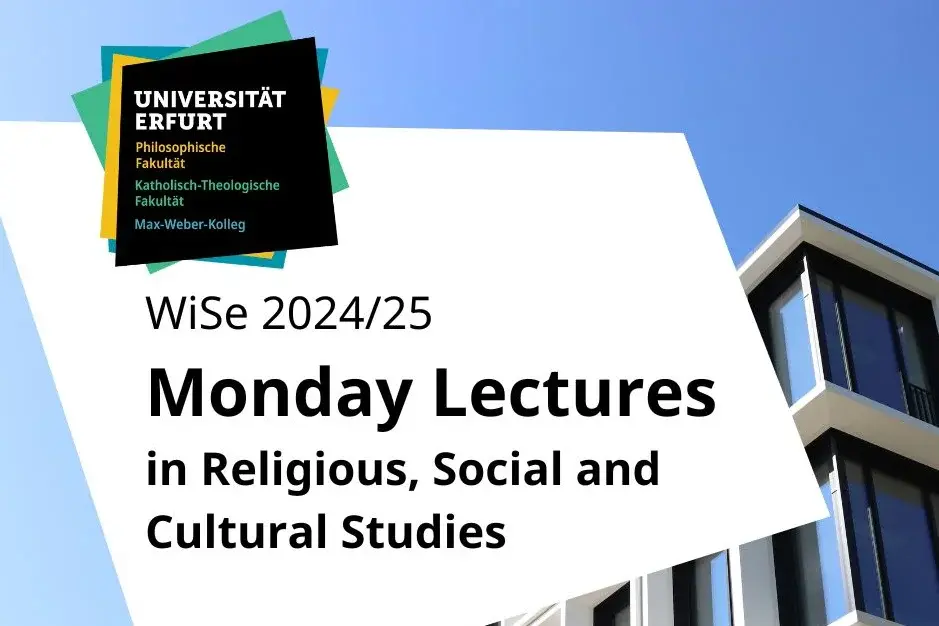About the event
The lecture series aims to work on the discourses and practices of late polytheism to understand whether and how these cults evolved between the second half of the fourth century and the end of the fifth century. Historiography often considers the post-Constantinian period as a time of crisis and decadence in traditional religions. Polytheistic cults, however, did not disappear at once, and their practice adapted to the legal and institutional changes of the empire. The four lectures will examine how late polytheistic cults evolved in their spatial, ritual, and social dimensions. Following a chronological itinerary, we will first ask whether polytheism in the second half of the fourth century was influenced by the spread of Christianity and the ensuing reversal of power in favor of Christians over pagans. Second, we will attempt to clarify how traditional rites, especially sacrifices, were reorganized at the end of the 4th century and whether it is appropriate, as several recent studies claim, to speak of privatization or crypto-paganism. Finally, we will examine the social status of polytheistic actors to test the oft-held idea that, particularly in the 5th century, traditional religion gradually moved from urban to rural spaces.
09.12.2024 | Part IV: Who really are the hellenes and the pagani in the fifth-century Roman Empire?
The final lecture will analyze the presence of “pagans” (pagani or hellenes) in the fifth-century empire. If both legal texts and Christian sources attest to the existence of pagans in the empire’s various provinces, who were the worshippers of traditional religion in an empire that was now largely Christianized? To answer this question, we need to start with an overview of the sources available for the fifth century. A “map” of Greek and Roman polytheistic practices in the Empire at this time still does not exist, but it is necessary to assess the meaning of the “pagan” label used by Christian authors.
We will analyze accusations of “paganism” directed at political figures and resulting in legal trials: for instance, the affairs of Isocasius in Constantinople or Basilius and Praetextatus in Rome. Next we will focus on the ritual practices mentioned in the sources to understand how polytheistic identity was expressed.
- 18.11.2024 | Part I: The "last pagans" and the "end of paganism": ancient and modern discourses
- 25 Nov 2024 | Part II: Multiple initiations for the late antique elite: polytheistic dynamism or pagan crisis?
- 02.12.2024 | Part III: New sacrifices? Performing orthopraxy in the fourth and fifth centuries
- 09 Dec 2024 | Part IV: Who really are the hellenes and the pagani in the fifth-century Roman Empire?
This event from the Monday Lecture series is organised by the Max-Weber-Kolleg for Cultural and Social Studies.
All interested parties are cordially invited. Registration is not required.


